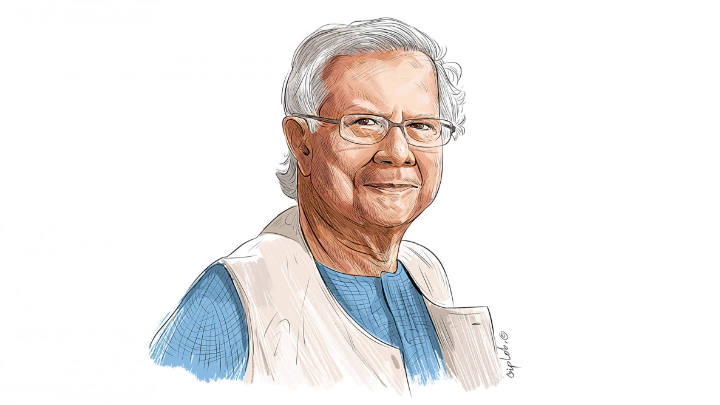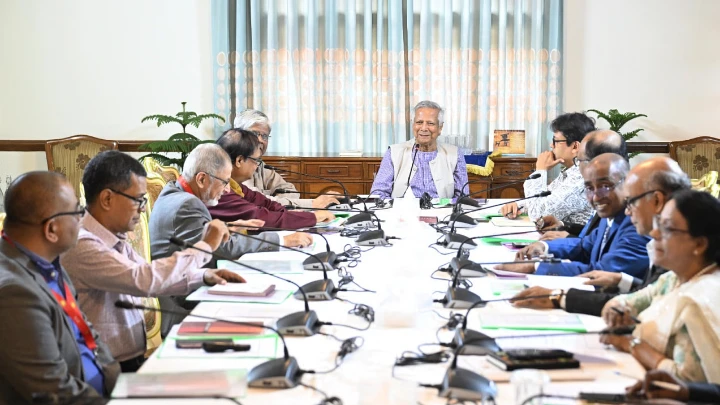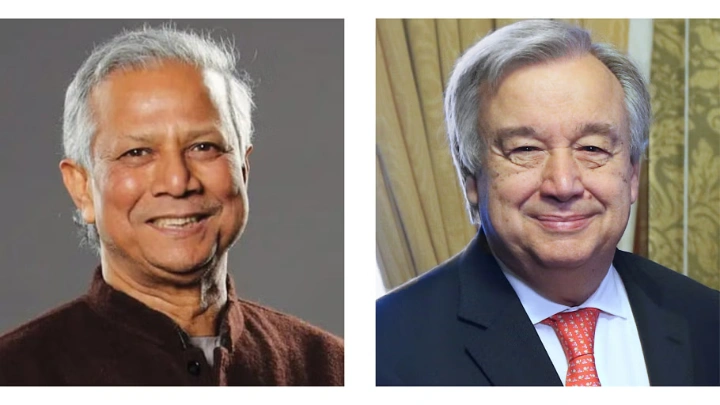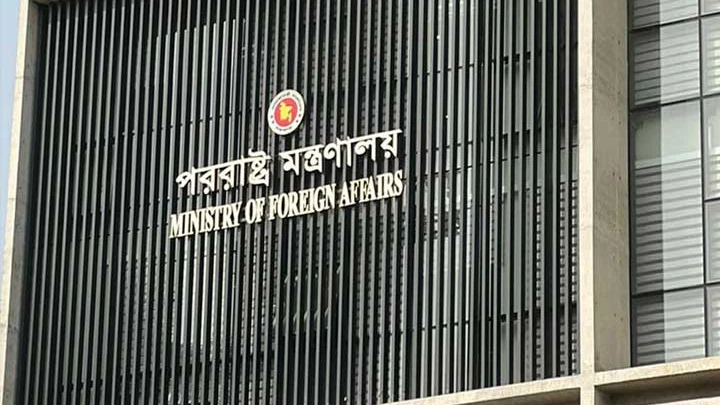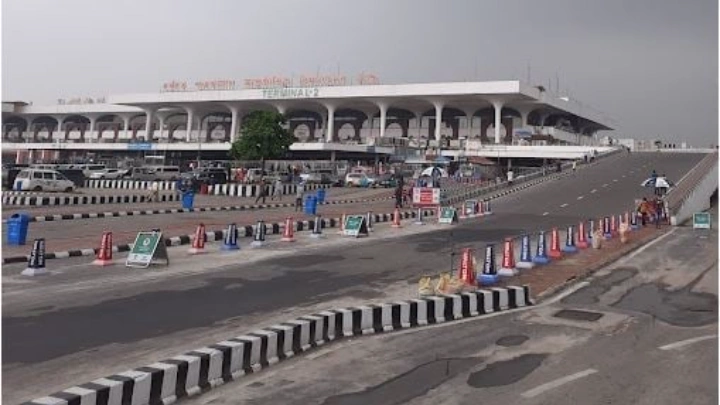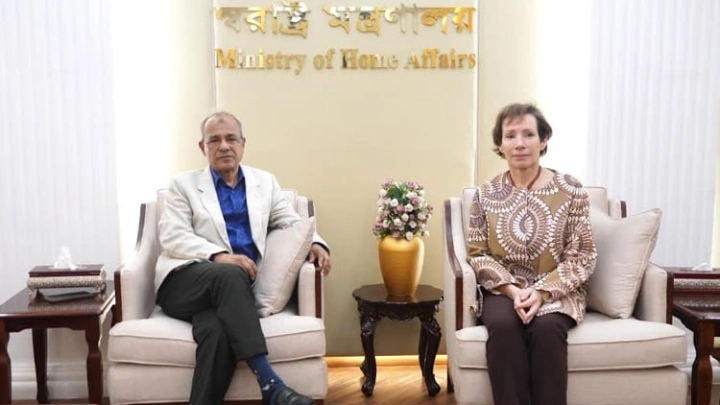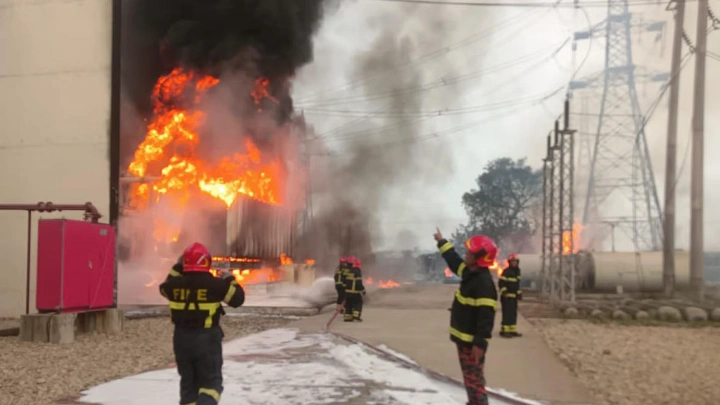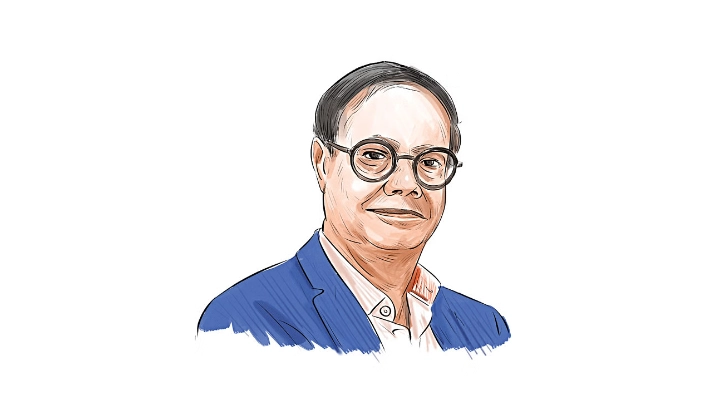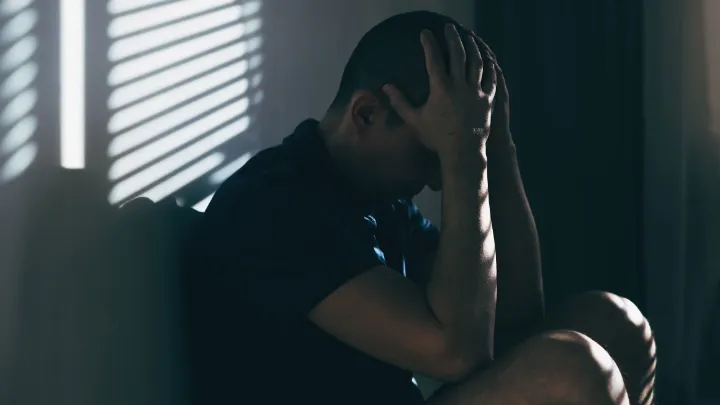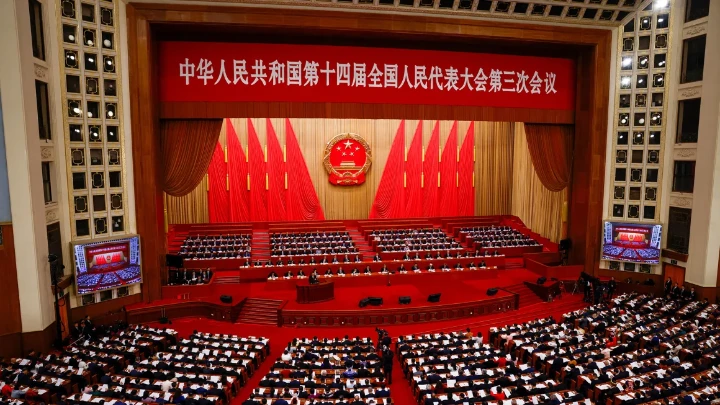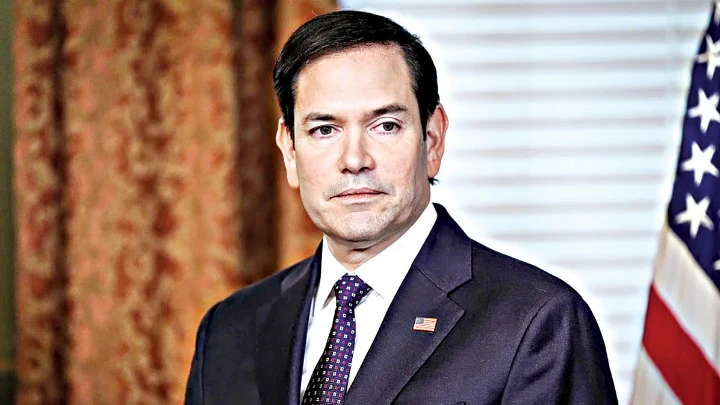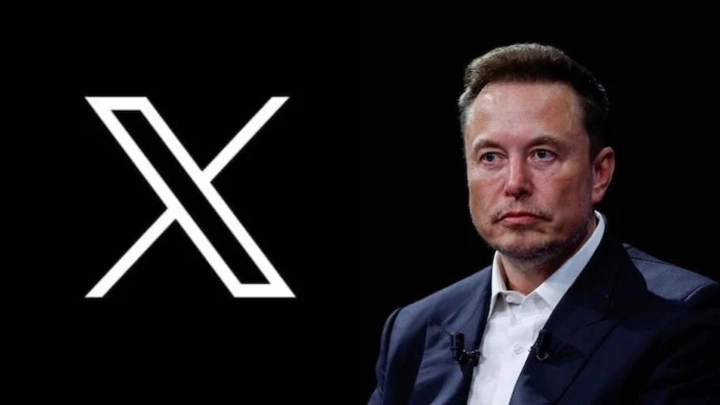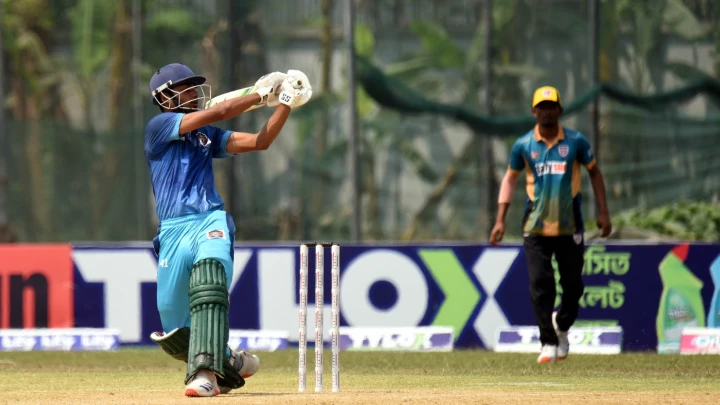One month of interim govt: Yunus navigating thru high hopes
DailyStar || Shining BD
A month ago, as Bangladesh teetered on the brink of chaos after the downfall of Sheikh Hasina, Nobel Laureate Muhammad Yunus returned home to steer the nation through political turbulences.
It was a dramatic turnaround for Yunus, who faced relentless legal peril at home but ultimately emerged as the saviour of a scarred nation. Many feared that Yunus, the nemesis of Hasina, would land in jail during her tenure, but on August 8 he came back from Paris to a hero's welcome and headed to the presidential palace to take over the helm of Bangladesh, a country in flux. His long-time tormentor, Hasina, had fled three days earlier.
The students, who had spearheaded the protests and catalysed the people's uprising, championed Yunus as their choice for the head of an interim government. People were relieved that he had indeed agreed to take charge. And as such, the economics professor came to personify the hopes and aspirations of Bangladesh.
His arrival ended a four-day power vacuum. He spoke to the media as if he was already in charge, celebrating what he said was a "second liberation", imploring the countrymen to keep faith in him and sending a message of unity to the nation in times of an unprecedented crisis. At Dhaka airport, he shared words of empathy with anti-government protesters. At times, he struggled to fight back tears, a rare display of grief, when he remembered Abu Sayed, who died in a hail of bullets fired by the police. The first few days, as expected, were steeped in symbolism. His carefully chosen words – the rebirth of Bangladesh and renewal after a period of turmoil – resonated deeply with the audience.
Then came the hardest part. The interim government nervously began the heavy task of restoring law and order after weeks of deadly protests. A month went by, but the morale of the police force was still low. The police administration underwent major reshuffles in the past month. Officers largely stayed away from work and appeared to be reluctant to respond to disturbances. Reprisal attacks spiked in the immediate aftermath of Hasina's downfall, although it has now come down. But extortion and murder cases against journalists continue to be a big concern. All of this means that maintaining law and order remains a formidable challenge for the interim government, as various groups try to exploit the social disorder to their advantage.
Yunus has initiated a major clean-up of key institutions, appointing a former IMF economist as the central bank governor to bring discipline to the banking sector. Additionally, he has tasked another prominent economist with drafting a white paper on the entrenched corruption during Hasina's 15-year tenure. While the economy is still facing challenges, businesses are gradually recovering. The advisory council now faces the crucial task of implementing effective economic policies and reforms to rebuild public trust and attract foreign direct investment, ensuring long-term stability.
In the decades since the end of HM Ershad's military rule in 1990, Bangladesh experienced an "economic miracle" that lifted tens of millions out of poverty, driven largely by a booming garment sector. However, since emerging from the COVID-19 pandemic, the country has suffered from high inflation, particularly in food prices, and shortages of foreign currency.
These issues are largely attributed to corruption and government mismanagement. For political reasons, Hasina's administration was reluctant to pursue serious economic reforms. The recent unrest has only exacerbated the country's economic problems, with garment buyers cancelling orders, which require serious and urgent attention.
POLITICAL RENEWAL
One priority for Yunus should be re-establishing the independence of the Election Commission to build confidence in the forthcoming polls with the top bosses gone. Under the former prime minister, parliament became a rubber stamp, the civil service and judiciary were highly politicised, and the media and civil society were closely controlled.
"While some of these institutions will quickly flourish in a more open environment, others will bear the scars of subordination for years to come," the Crisis Group said in a report.
It's a race against time for Yunus who took over on August 8 with a fledgeling team. He brought swift changes to the civil administration, police, the Rapid Action Battalion, the Detective Branch and the Directorate General of Forces Intelligence that Hasina exploited to create a culture of fear and intimidation. They enjoyed almost total impunity under Hasina's administration. It's a monumental task for Yunus to make sure people have confidence they will not be arrested, abducted or even killed extrajudicially for political reasons.
Yunus also faces significant challenges in navigating the evolving geopolitical landscape, especially considering the aspirations of the Bangladeshi people. The relationship with India, traditionally seen as Hasina's strongest supporter, has been strained due to Dhaka's push for her extradition. Although the interim government has stated that Hasina's stay in New Delhi won't affect bilateral relations, the changing public sentiment in Bangladesh requires careful management to maintain strategic cooperation with India and adopt a more balanced approach in foreign relations.
"In supporting her administration so staunchly despite its clear unpopularity, India has badly damaged itself in Bangladeshis' eyes. If it now seems to be standing in the way of reform, it will only amplify anti-India sentiment, which could linger to the detriment of neighbourly relations," the Crisis Group said.
India should instead support the interim government, and revive links with other parties too as part of a political renewal in Bangladesh.
The interim government faces numerous challenges as citizens demand justice on multiple fronts. It must prioritise addressing the grievances of those affected by Hasina's 15-year rule, implement necessary reforms and manage a smooth political transition. The new administration, at least for now, seems focused on "managing expectations from all sides."
The domestic political landscape is fraught with challenges, as the uprising reflects deep dissatisfaction with the current system. The interim government, recognising the urgency of the situation, has initiated dialogues with established political parties, civil society members, development partners and journalists to pursue reforms to create a more stable political environment. One key option could be the revival of the caretaker government system, which was abolished by Hasina's administration in 2011. This system could help ensure fair and transparent elections, reducing the risk of another autocratic leader emerging.
Hasina's departure offers a unique opportunity to move beyond the hyper-partisan, winner-take-all electoral dynamics that have harmed Bangladeshi politics for the past three decades. It's an opportunity to undo the past wrongdoings.
Shining BD

